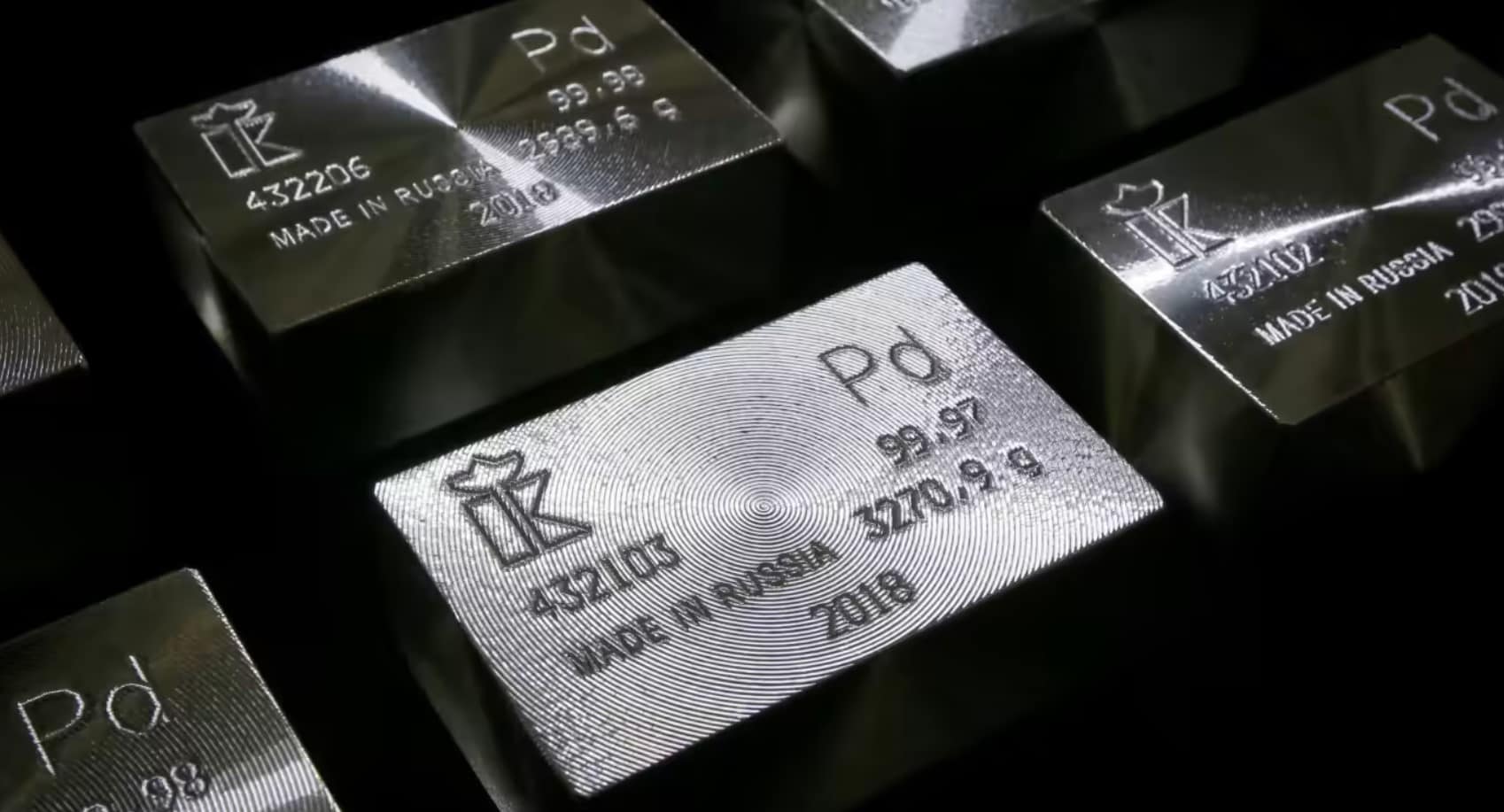TOKYO — Disruptions to global supply chains and the war in Ukraine are creating shortages of rare or otherwise scarce materials, forcing companies that rely on them to respond.
Japan’s Envision AESC Group, a Kanagawa Prefecture-based maker of lithium-ion batteries for electric vehicles, has asked its customers to accept price hikes. Kawasaki Heavy Industries is considering switching from sourcing titanium from Russia, the top producer of the metal, to other suppliers. Rising prices for resources and supply disruptions could have far-reaching effects for a range of industries.
This spring, Envision AESC asked Nissan Motor and other buyers of its car batteries to swallow price increases of up to 10%. The move was a response to rising prices for lithium hydroxide, a key material used to make lithium-ion batteries, due to growing demand and mounting concerns about supplies from Russia, which accounts for 6% of global exports of the compound.
In particular, the high-purity lithium that goes into EV batteries is in very short supply. Lithium prices have soared nearly tenfold compared with last year, according to industry executives. Prices for other metals, including nickel and copper, are also rising. This is putting strong pressure on battery makers to pass higher costs on to customers.
Manufacturers are especially worried about supplies of rare-earth metals from Russia, which produces much of the world’s supply. Kawasaki Heavy is considering sourcing titanium used in aircraft from countries other than Russia, which accounts for more than 40% of global output.
Boeing, which buys aircraft fuselages from the Japanese heavy machinery maker, has already stopped importing titanium from Russia. Although Kawasaki Heavy has not had a problem obtaining titanium from Russia so far, the company says it needs to deal with political risk from Russia in the coming years.
Toho Titanium, a Japanese manufacturer of titanium metal products, has decided to increase production at its plant in Saudi Arabia in response to requests from customers. It will raise the operation rate at the plant by more than 10% by September. The company imports titanium ore mainly from Canada and India.
Russia also accounts for 40% of global output of palladium, a rare-earth metal vital to the manufacture of catalytic converters used in car exhaust systems. In April, a precious metal industry organization in Europe suspended certain Russian palladium refiners from its accredited list. In May, Britain announced that it would raise its tariffs on palladium imports from Russia.
Until around this spring, a glut of palladium was expected due to falling auto production. But as Japanese imports of palladium from Russia in April plunged by half from the previous month, prices began creeping up. Mitsubishi Motors has been trying to secure a stable supply using futures trading and other means. The automaker, however, says there are limits to the effectiveness of these efforts and it is racing to develop exhaust systems that use less palladium.
Unlike Russian oil, titanium and palladium from Russia are not subject to Western import bans. But there is a growing trend toward avoiding Russian rare-earth metals. In response, Nippon PGM, Japan’s largest recycler and refiner of platinum and palladium, plans to expand its collection bases for raw materials in the U.S. and Europe to boost the amount of metals it recycles by 20% within three years.
There are also shortages of rare gases for industrial use. The global shortage of helium, which is used in a wide range of industries, is particularly acute.
One domestic industrial gas company says helium imports in the April to June quarter fell by around 20% from a year earlier, causing domestic stocks to shrink. “We have no choice but to reduce shipments by 20% to 30%,” an executive at the company says.
There are also concerns about the availability of krypton, used to make semiconductors, as Russia and Ukraine together account for 80% of global output of the gas.
One Japanese computer chipmaker says it has had no problems securing rare gas supplies for now, as it has been sourcing krypton and other rare gases from other countries ever since Russia invaded Crimea in 2014. But prices could rise if the war in Ukraine drags on, the company warns.
Taiyo Nippon Sanso, a supplier of industrial gases, plans to double its domestic production capacity for krypton. It will install new production facilities in a joint venture with JFE Steel to make 2.6 million liters of the gas annually.
At present, the company imports eight times more krypton than it produces domestically, including from Ukraine. It will diversify its sourcing of the gas, including by stepping up domestic production.

